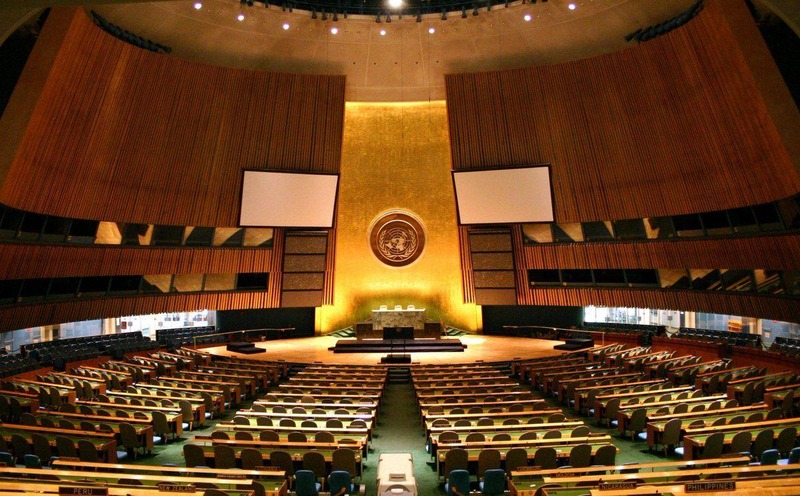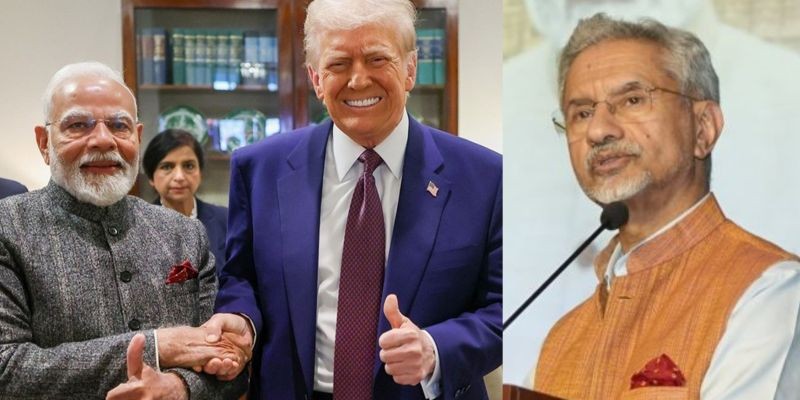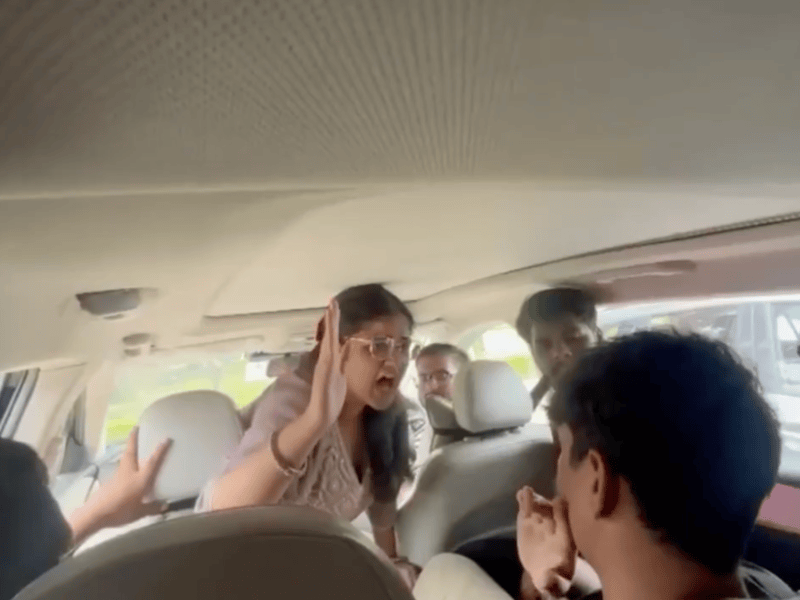Kashmiri voices echo at UN as terror survivors share their stories

Geneva/IBNS: During the 52nd session of the UNHRC, several individuals from Kashmir who had not previously been heard on the international platform shared their perspectives on the situation in the region amidst significant political transformations.
The group of participants consisted of various individuals such as Shuib Lone, an activist and former regional lawmaker, Tasleema Akhter, a social worker, and Bushra Mahajabeen, who survived a terrorist attack that resulted in the death of her sister.
Lone pointed out that the year 2022 was one of the least violent years experienced in the last 30 years, with a decrease in the number of terrorist attacks and recruitment following the constitutional changes and local government reforms implemented in 2019.
These changes included the revocation of the special status granted to the Muslim-majority region under India's 1949 constitution, which had granted the disputed territory a significant degree of decentralized autonomy.
Following the significant change four years ago, the region now functions as two separate territories that are meant to be integrated with Indian territories, although Ladakh is administered separately.
The constitutional changes were implemented in response to a series of terrorist attacks sponsored by Pakistan.
The reforms provided constitutional recognition to local self-governments in both rural and urban areas, and extended various laws such as the Right to Education, the Maintenance and Welfare of Parents and Senior Citizens Act 2001, the National Commission for Minority Act, and laws benefiting women, children, and the disabled to the region.
It appears that terrorist attacks have reduced since August 2019, with Indian authorities reporting that the number of attacks has almost halved, decreasing from 843 in the two and a half years before the overhaul to 496.
The UNHRC's 52nd session was significant as it marked the first time that families of victims of terrorism gave public testimony.
Until a few years ago, the families were subjected to intimidation and threats, which made it extremely risky for them to speak publicly. However, the situation has improved somewhat, creating a more stable environment for such testimonies to be shared.
During their addresses to the Human Rights Council, both Lone and Akhter noted that the region continues to face the issue of hybrid warfare with a global dimension.
Lone pointed out that online propaganda aimed at radicalizing Kashmiris and the South Asian diaspora, including individuals residing in the UK, is being fueled by the situation in Afghanistan and the Middle East.
Akhter also addressed the issue of the thriving cross-border drug trade in the region, highlighting that terrorist networks have turned to this trade as a means of financing their activities in the absence of other avenues to incite unrest in Jammu and Kashmir.
This issue particularly affects young people, with 90 percent of drug users in Kashmir being between the ages of seventeen and thirty-three.
It is expected that future global forums that allow the voices of those on the ground to be heard will help improve the region's quality of life.




